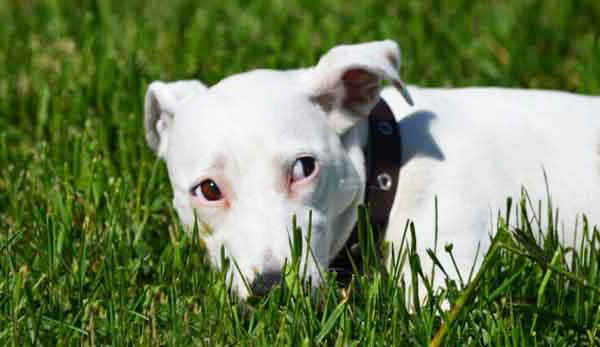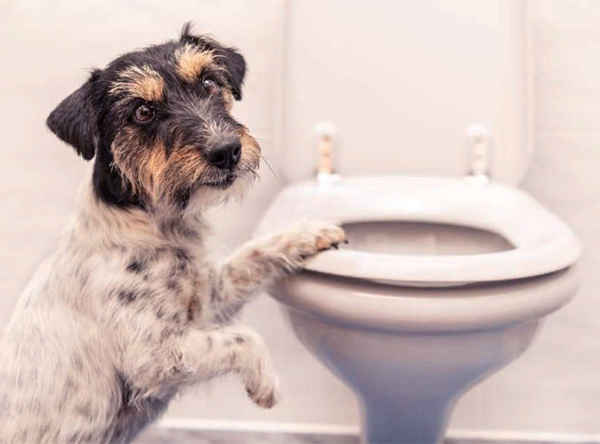Why Do Dogs Eat Poop?
Coprophagia is the scientific term for the behavior of eating feces, which is observed not only in dogs but also in various other animal species, including certain rodents, primates, and insects.
The reasons for coprophagia can vary depending on the species and individual circumstances, but the explanations provided earlier generally apply. In dogs specifically, coprophagia can stem from nutritional deficiencies, instinctual behaviors, medical issues, stress or anxiety, attention-seeking behavior, exploratory behavior, or learned behavior.
Addressing coprophagia requires understanding its underlying cause and taking appropriate steps to modify the behavior, which may involve changes in diet, behavior training, addressing medical issues, and providing adequate mental and physical stimulation.
Dogs eating poop, a behavior known as coprophagia, can have several possible reasons:
Nutritional Deficiency

Some dogs may eat poop due to a lack of certain nutrients in their diet. They may attempt to fulfill this deficiency by consuming feces.
Instinctual Behavior
In the wild, mother dogs clean up after their puppies by ingesting their feces to keep the den clean and to prevent attracting predators. Puppies may mimic this behavior or continue it into adulthood.
Attention-Seeking Behavior
Dogs may eat poop to gain attention from their owners. Even negative attention, scolding, can reinforce the behavior if the dog is seeking any form of interaction.
Medical Issues
Certain medical conditions malabsorption disorders, parasites, diabetes, or thyroid problems can cause dogs to eat feces. It’s essential to rule out any underlying health issues if your dog is exhibiting this behavior.
Stress or Anxiety
Dogs may eat poop as a coping mechanism for stress or anxiety. Changes in routine, environmental stressors, or being left alone for extended periods can trigger this behavior.
Exploratory Behavior
Dogs explore the world with their mouths, and sometimes this includes investigating feces. If they find the taste and texture intriguing, they may continue to eat it.
Learned Behavior
If a dog is consistently exposed to feces, whether from other animals or its own, it may develop a habit of eating it.
It’s important to address this behavior promptly, as it can lead to health issues and is generally unpleasant for both the dog and the owner.
Consulting with a veterinarian and a professional dog trainer can help identify the underlying cause and develop a plan to modify the behavior. Additionally, ensuring that your dog has a balanced diet, regular exercise, and mental stimulation can help reduce the likelihood of coprophagia.
Your actions
Addressing coprophagia involves several actions that can help modify the behavior:
- Consult a Veterinarian
Rule out any underlying medical conditions that may be contributing to the behavior. Your vet can conduct a thorough examination and recommend appropriate treatment if necessary.
- Nutrition
Ensure your dog is receiving a balanced diet that meets its nutritional needs. If there are any deficiencies, consider switching to a high-quality dog food recommended by your vet.
- Supervision
Monitor your dog closely, especially during walks or time spent outdoors, to prevent access to feces. Interrupt the behavior if you catch your dog in the act, using a command like “leave it” or “no” followed by redirection to a more appropriate activity.
- Clean Environment
Keep your dog’s living area clean and free of feces. Promptly remove any waste from your yard and dispose of it properly.
- Behavior Modification
Use positive reinforcement techniques to discourage coprophagia and encourage desirable behaviors. Reward your dog with praise, treats, or toys when it shows disinterest in feces or engages in alternative activities.
- Training
Teach your dog basic obedience commands “leave it,” “drop it,” and “come” to have better control over its behavior. Enroll in obedience classes or consult with a professional dog trainer for guidance.
- Environmental Enrichment
Provide mental and physical stimulation through interactive toys, puzzle feeders, and regular exercise. A mentally and physically stimulated dog is less likely to engage in undesirable behaviors like coprophagia.
- Deterrents
Some products are available that can be added to your dog’s food to make feces less appealing. However, their effectiveness varies, and it’s essential to consult with your vet before using any additives.
- Consistency and Patience
Modifying behavior takes time and consistency. Be patient with your dog and continue implementing training techniques consistently to see results.
- Avoid Punishment
Punishing your dog for coprophagia can worsen the behavior or lead to other behavioral problems. Focus on positive reinforcement and redirection instead.

By combining these actions and addressing the underlying reasons for coprophagia, you can help modify your dog’s behavior and discourage the habit of eating feces.












